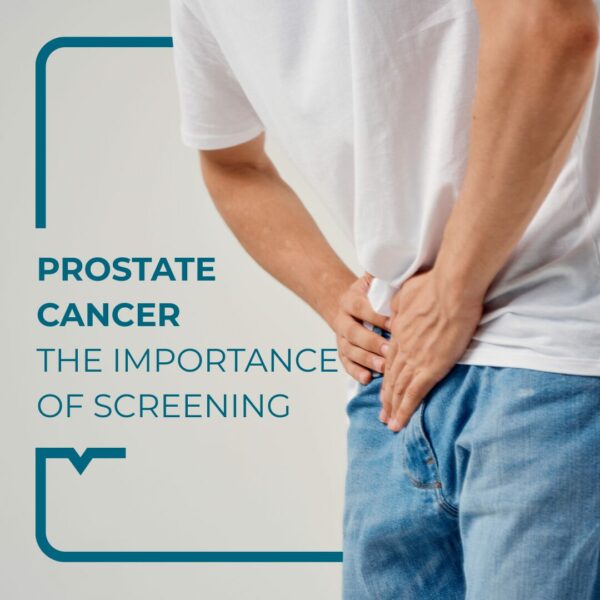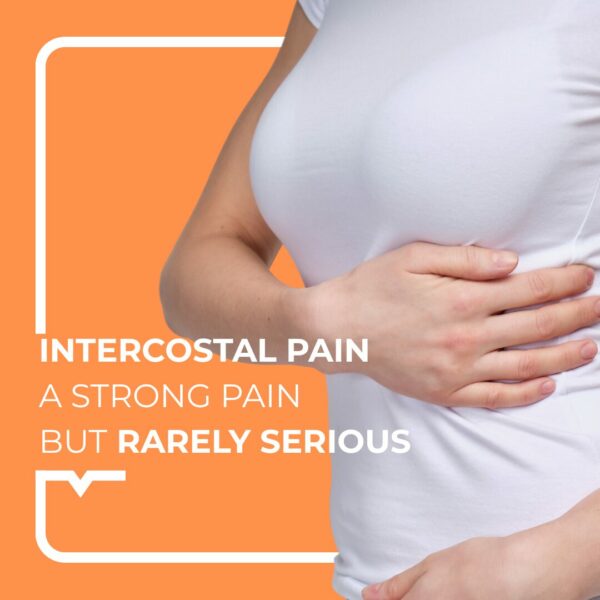You feel as if you are not making any progress in your daily life. You feel tired, on edge. You lose your patience easily. In short, you are at your wits’ end. Don’t panic, we’ll sort it all out. Maybe it’s just a little bout of depression. But it may be more than that.
Ola, this is Dr Joy!
In this article, I’m going to explain what depression is and how to prevent your little slumps from becoming more serious.
Vamos?!!
Let’s start with some figures…
The WHO estimates that 5% of adults suffer from depression globally.
In France, in 2017, the Health Barometer showed that nearly one in ten people aged 18 to 75 had experienced a depressive episode in the last twelve months.
Are you wondering if you are one of them? Let’s get to the heart of the matter.
Depression is characterised by mood disorders: a feeling of sadness, a loss of pleasure. The depressed mood leads to a negative view of the world and of oneself.
We often tend to use the term ‘low mood’ in our daily lives, but depression is much more than that. A depressive episode lasts for a long time (more than 15 days), as opposed to a minor bout of depression.
What are the symptoms?
The main symptoms are:
- A loss of pleasure or interest in activities
- A gloomy mood (feeling sad, irritable, empty)
- Difficulty concentrating
- Excessive guilt
- Low self-esteem
- Feelings of hopelessness about the future
- Morbid or suicidal thoughts
- Disturbed sleep
- Changes in appetite or weight
- Tiredness, lack of energy, pain.
- Etc.
Depression has a major impact on the daily life of those affected, but also on those around them.
Risk factors for depression
There are different categories of risk factors for depression.
- Certain life events
Life events, sometimes dating back to childhood, can contribute to the onset of depression:
- Disrupted relationship with parents
- Trauma
- Family or professional conflict
- Loss of a job
- Death of a relative
- Separation
- Living conditions
The presence of a chronic illness or disability, as well as lifestyle habits, should also be taken into account. Indeed, dependence on alcohol, tobacco or other substances, which are often used to relieve anxiety, can contribute to the onset of depression.
- A genetic vulnerability to depression
It is important to be aware of each individual’s vulnerability. No two people will react in the same way in the same situation: one may fall into depression while the other will feel a temporary sadness.
Depression can also occur for no apparent reason. There is a genetic component to it, although no specific genes have been identified for the condition. For example, if a parent has been depressed, then the person is two to four times more likely to be depressed in their lifetime.
- Disturbed neurobiological factors in depression
In depressed people, there is a deficit or imbalance of certain neurotransmitters such as serotonin or dopamine. The nervous system’s responses to repeated or chronic stress are also altered.
This is where antidepressants come in. They will restore communication between neurons by providing the neurotransmitters that are missing in a depressed person. Antidepressants are not suitable for all cases of depression.
Other problems, such as hormonal disturbances (hypothyroidism, taking the contraceptive pill, for example), can also contribute to depression.
3 tips for overcoming bouts of depression
Overcoming minor bouts of depression can help prevent depression. That’s why I’ve listed my top 3 tips!
Consult a health professional
If you feel that your depressive slump is lingering, don’t wait, consult a health professional. They will refer you according to your needs.
You can first consult a psychologist. They offer various therapies such as cognitive-behavioural therapy, interpersonal psychotherapy and mind-body therapies.
A sophrologist can also help you. Sophrology will lead to physical and mental relaxation through breathing exercises, muscle relaxation and the visualisation of soothing images. It acts in a preventive but also curative way.
I also recommend you to try EMDR (Eye Movement Desensitisation and Reprocessing), which is an effective therapy of desensitisation and reprocessing by eye movements.
It alleviates the psychological and physical consequences of traumatic, disturbing life experiences through eye movements.
Practising meditation/guided breathing
The benefits of meditation have been proven:
- Reduction of stress
- Decrease in pain
- Improved emotional management
- Increased memory and attention
- etc.
When practised before the onset of any mental disorder, it is a good way to take care of your mental and physical health.
Start with a few minutes in the morning, then gradually increase at your own pace.
Physical activity
First of all, physical activity will encourage positive thoughts and emotions as well as limiting negative thoughts.
Secondly, at a neurobiochemical level, physical activity will lead to the secretion of certain hormones that are reduced in depressed people. This is the case, for example, of dopamine and serotonin, hormones that have an impact on motivation, mood and attention, among others.
Finally, a study by the French National Authority for Health shows that in the treatment of mild to moderate depression, an adapted physical activity programme can be as effective as a drug treatment. It also limits the risk of recurrence. Regular physical activity is therefore a good way to avoid depression. We advise you to combine it with a balanced diet.
In any case, if you are in doubt, make an appointment with a health professional . He or she will be able to reassure you and guide you.
See you soon, Beijinhos!
Dr Joy.
Sources:
- Ameli — Comprendre la dépression
- WHO – La dépression
- Institut National du cerveau — Qu’est-ce que la dépression
This information is not a substitute for medical advice.
You must seek your doctor’s advice or another qualified health professional if you have any questions regarding your health condition.



